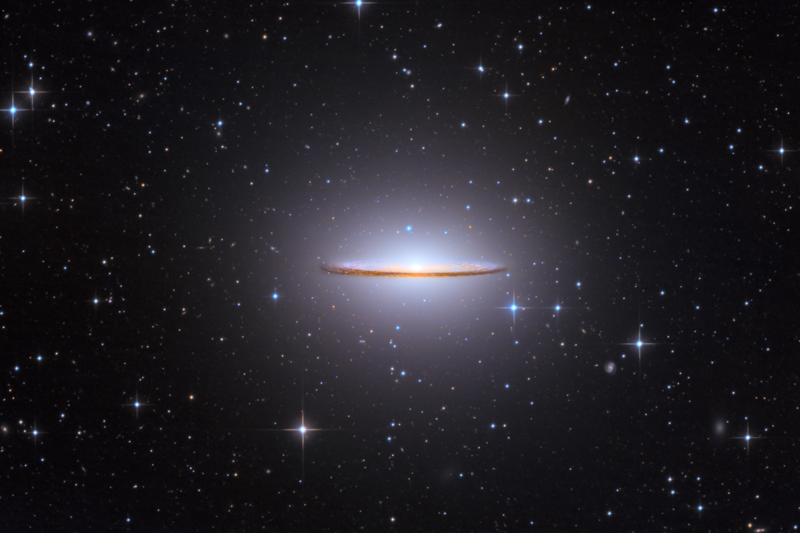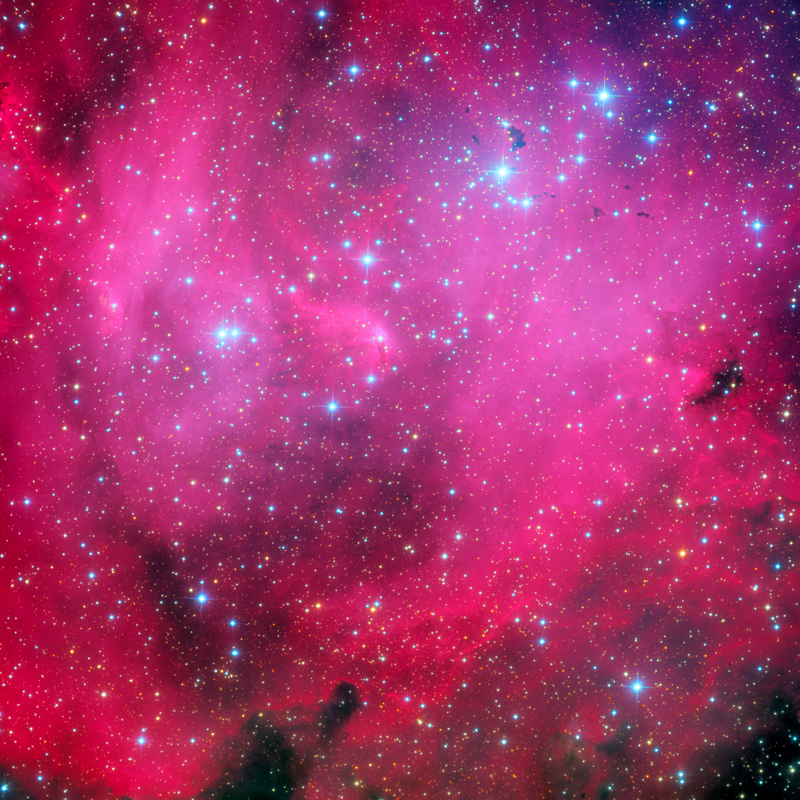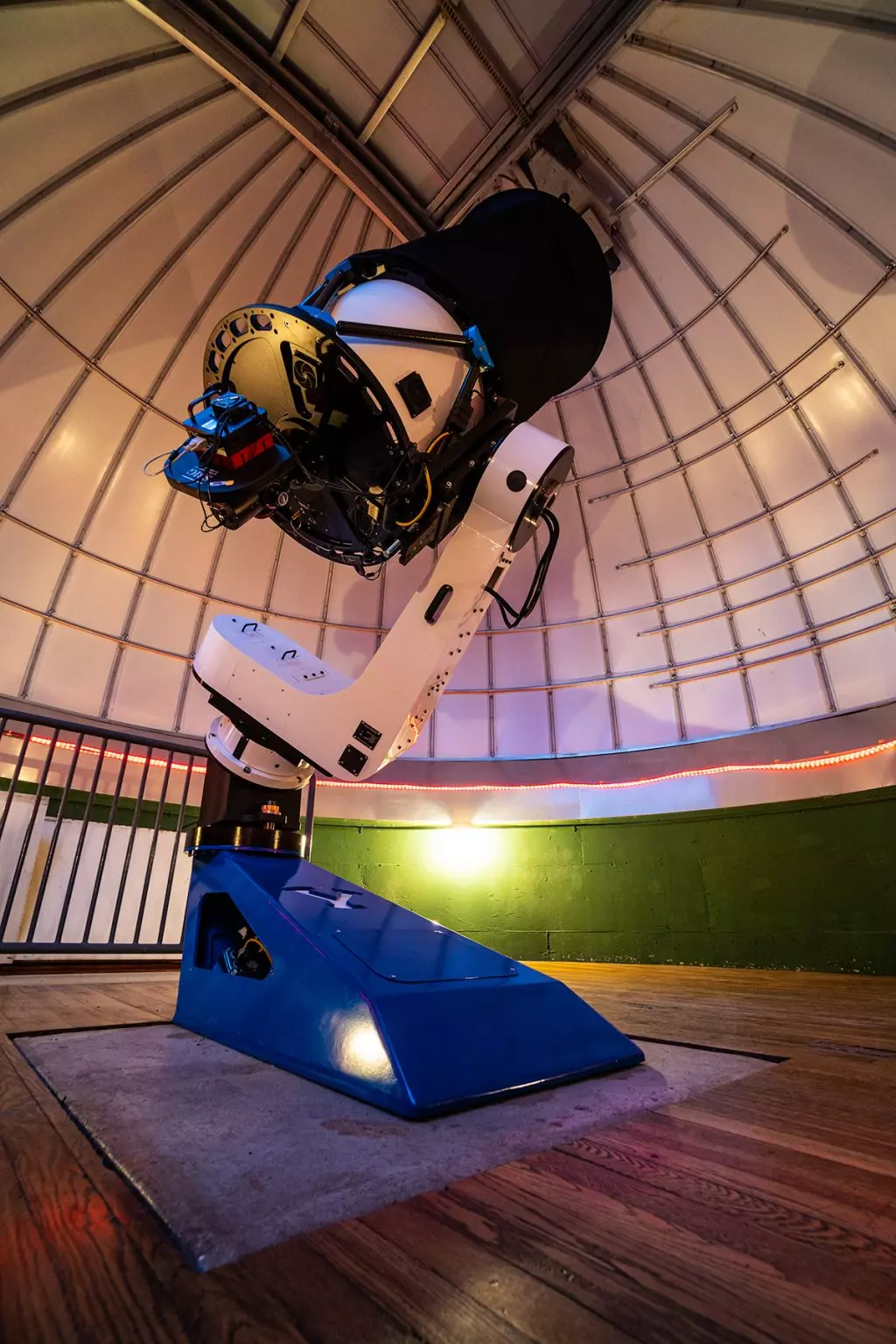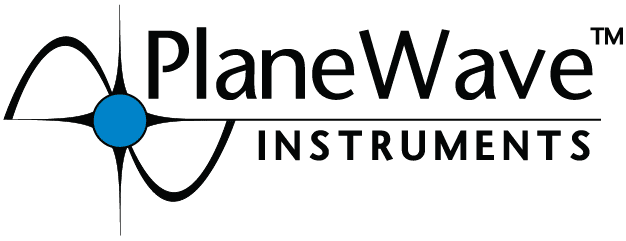Astronomy
Applications
planewave instruments telescopes
astrophotography
Citizens Science
Research

Astrophotography
Photographing the wonders found in the night sky demands more than patience. Astrophotography requires the right kind of equipment to capture amazing shots of star clusters, nebulae, galaxies, and other deep-sky objects. Whether using a DSLR or mirrorless camera, even novice photographers can use our telescopes to make breathtaking discoveries.
Our founders began their astrophotography careers by building a new type of telescope, then perfected it over several decades to create smoother tracking and clearer images.
They used modern manufacturing methods to ensure that everyone, from amateurs to professional space organizations, can uncover new and exciting scientific wonders without the cost of custom-built telescopes that require significant maintenance.
With a PlaneWave telescope, you’ll discover new corners of the universe with a telescope that is more reliable and easier to maintain with clearer images than any other telescope in the astrophotography market.

Citizens Science
Amateur and professional astronomers have been using Planewave CDK telescopes to collect scientific data and publish their discoveries for several decades. To do serious scientific data collection, you need telescopes that can operate remotely and/or robotically and can work at a great cadence collecting data night after night without having mechanical or optical issues.
Groups like the Society for Astronomical Sciences (SAS), the American Association for Variable Star Observers (AAVSO), The Astronomical League’s Citizens Science Programs, and the Institute for Student Astronomical Research (INSTAR) all are actively involved in promoting citizens science projects through meetings, conferences, and actual data collection and processing. Magazines like Sky and Telescope and Astronomy are also promoters of citizens science and a wealth of information and articles in the field.
Research
With the introduction of the CDK700 Observatory Telescope system, we were the first telescope manufacturer to offer a serial-production 70cm telescope, which brought the market an entirely new price-to-value ratio for systems of this size. Not surprisingly, a majority of our CDK700 owners are educators and researchers. MINERVA, the Miniature Exoplanet Radial Velocity Array, chose CDK700 systems as their platform for spectrographic studies to discover and document Earth-like exoplanets and has made significant contributions to the scientific community since the project’s 2015 commissioning.
In 2016, PlaneWave Instruments applied the same approach to the design and manufacturing of the PW1000 and began delivering high-performance, meter-class systems that offered users incredible value. Using a 60% light-weighted primary mirror, direct-drive motors, a modern Alt-Az mount configuration, and PlaneWave telescope control software; these systems were priced significantly lower than older technology, but are also a fraction of the size and weight of older 1M telescopes. This allows additional savings related to observatory size and site preparation.
In 2018, we released the L-Series line of tracking mounts, incorporating the direct-drive motor-control technology developed for the CDK700 and PW1000 mountings within a much smaller and telescope-agnostic package. With sealed bearings and PlaneWave-manufactured brushless motors, these systems are ideal for remote astronomical research and education applications, including remote learning. The L-350, L-500, and L-600 were designed to service at least 1,000,000 slews/year for 10 years without the need for mechanical maintenance. There are virtually no on-site maintenance needs: no need to re-lubricate, no need to adjust gear-meshing, just years of operation.
Combined with our CDK12.5, CDK14, CDK17, CDK20, CDK24, and RC telescope offerings, the L-Series mounts become systems that offer many of the capabilities found in our larger, integrated systems, but in a smaller size, weight, and price.
Whether for photometry, spectroscopy, polarimetry, exo-planet discovery, supernova hunting, or sky-surveys; whether for visible-spectrum, UV, IR, or a combination thereof; Planewave provides high-quality, high-performance, and economical telescope systems for research and education.

